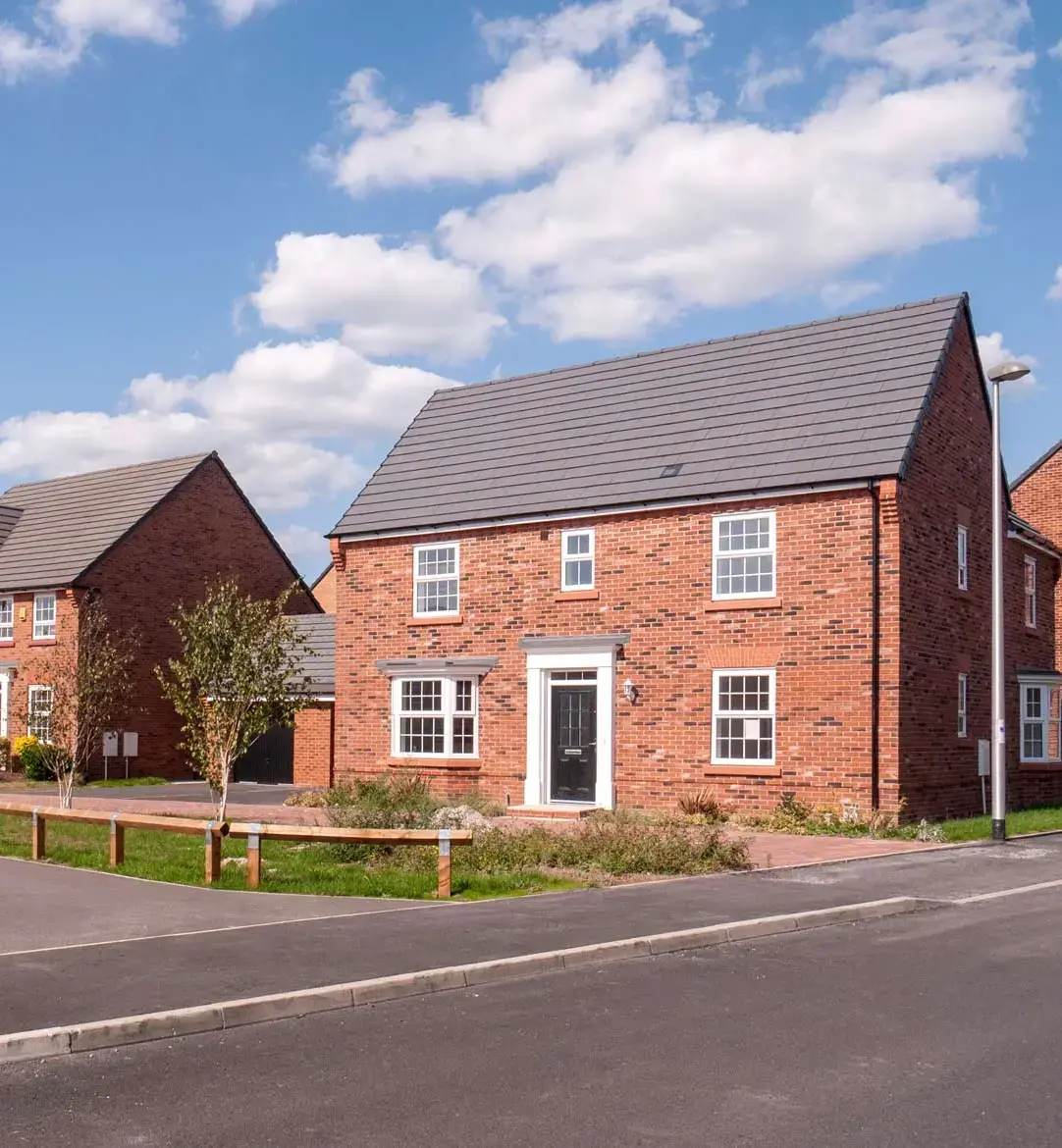
The Definitive Guide to Buying a New Build Home and When to Get Help
At the beginning of the year, there was a booming trend in the housing marketing with more and more people interested in buying new build properties – but how does the process of buying a new build home differ to buying an older property?
Especially for first-time buyers, navigating the property market can be daunting, so to help you towards your journey to finding a new home, our team of solicitors have put together a guide to buying a new build home.
Before you buy a New Build Home...
It’s important to note that every development company is different, and each organisation has different offerings than others, so you should do your research into development companies in the area you’re looking to buy in before making any final decisions.
When researching developers, you should look for the following:
- Track record – a company should be able to tell you about any issues or snags with previous developments
- Check the news – see if the company you are interested in has any news stories about it
- Look at the surrounding area – review local amenities, transport links, schools and shopping facilities
What if you’re buying ‘off-plan’?
Buying off-plan means you are buying a house that is not yet built.
This can pose larger risks than buying an existing property, as your decision is simply based on the plans or a show home, or maybe some images in a brochure, which requires a lot of trust in the developers.
However, there are also some advantages, such as being able to purchase a desirable plot in a popular estate at a discounted price, with your new property increasing in value before you have even officially moved in.
New build conveyancing
Provided you are buying a pre-built property regardless, whether it be leasehold or freehold, you should engage a Conveyancer to ensure everything is in order.
For example, with leasehold properties, the lease will be brand new. It’s important that the terms of the lease are thoroughly checked by someone that understands any particular jargon that may be involved, ensuring the process is as streamlined and stress-free for you as possible.
Even with freehold properties, it’s important that the associated terms and conditions are fully understood to prevent issues from arising in the future.
Smith Partnership has a dedicated team of residential conveyancing solicitors that can work with both sellers and buyers on all conveyancing needs.
When do you exchange contracts on a new build?
Before you can exchange contracts on your new build home, all searches must be completed, and the enquiries fully satisfied.
This includes any mortgage offers or help to buy elements, as well as ID and AML checks.
You will have on average a total of 28 days to exchange on your property once the contract has been issued, however, this can be less. Should you miss the exchange on the property for any reason, the developer can remarket the property.
What deposit do I need for a new build?
The deposit you need for your new build home depends on your financing choices.
If you are using a help to buy scheme, you will require a 5% deposit.
If you are using a standard mortgage, your deposit will be 10% of the purchase price of the property.
How can Smith Partnership help?
Our team of residential property solicitors can work closely with you throughout the process of buying a new home, ensuring all documentation is correct and completed in a timely manner, while also making sure the property has no problems that may impact reselling in the future.
Additionally, we can also ensure any restrictive covenants are set.
To find out more about how we can help you, get in touch with our team today either by emailing us at info@smithpartnership.co.uk, calling us on 0330 123 1229 or filling out our contact form.

Share this article

















